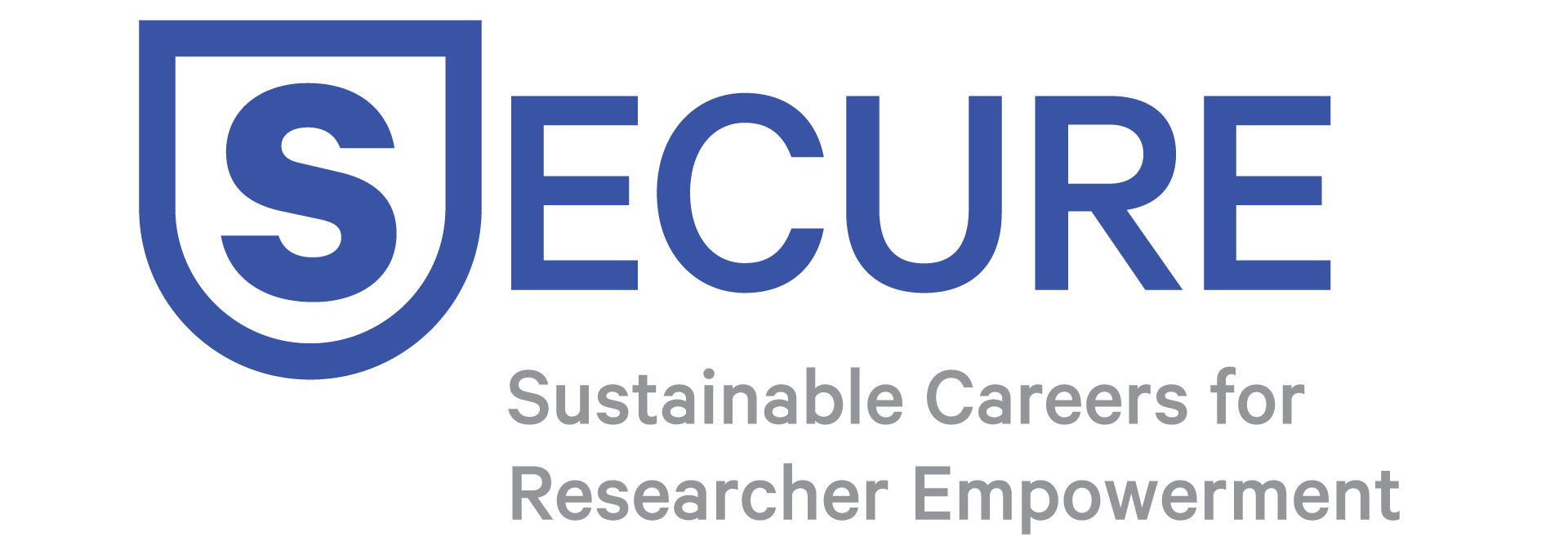If we consider the perspective for researchers’ careers within the EU, the year 2023 was probably one of the most significant in the last decade, especially since EU institutions began addressing the biggest challenges that “beautiful minds” face across the ERA more engagingly than beofre.

In the outgoing year, the Council of the European Union paid significant attention to issues related to transparent, equitable, and open-access scholarly publications; strengthening the role and impact of research and innovation in the policymaking process in the Union; and probably the most important how to keep, attract and retain research, innovation and entrepreneurial talents in Europe.
Thanks to the efforts of policymakers and stakeholders involved in the process of empowering research careers and strengthening the ERA, European researchers can look forward to 2024 with enthusiasm. In the coming year, they will have at their disposal The Council Recommendation that establishes a new European framework for research careers, The European Charter for Researchers, and The European Competence Framework for Researchers (ResearchComp). These frameworks and tools, supported by the upcoming ERA Talent Platform as a centralized hub streamlining access to various services for researchers, an observatory on research careers, and an investment strategy, paint a vision for future research careers in Europe.
In 2024, as member states engage in discussions over the European Commission’s proposals, the Commission itself remains committed to overseeing the implementation of the Council Recommendations. However, as much as the proposals and recommendations are thoroughly and adequately moved into agendas, their implementation in the member states themselves could pose the greatest challenge. The reaction of The League of European Research Universities (LERU) regarding the adoption of the latest in a series of Council recommendations perhaps best highlights how challenging this path could be. LERU pays special attention to issues such as Policy fragmentation and the non-committal nature of the recommendations; the precariousness of researchers as a direct consequence of the perils precariousness of funding; and the instrumental role of the Equality, Diversity, and Inclusion agenda (more about that via the link).

The success and potential sustainability of the implementation of new policies will certainly be demonstrated additionally through the SECURE project, and concrete results are expected during the upcoming year. It will be interesting to simultaneously monitor the development of the European Framework for Research Careers (EFRC) as a general and overarching framework and the Research Career Framework (RCF) that, together with Tenure Track-Like Models, is the main goal of the SECURE project. Perhaps most importantly, but certainly the most challenging, is how the practical implementation of the RCF will look like, as this will be a good smaller scale test for the implementation of EFRC on a broader scale.
On behalf of the SECURE project consortium, we wish you happy holidays and a prosperous New Year!



